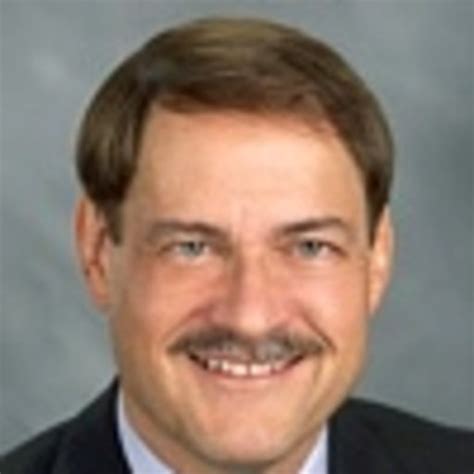A Quote by Plautus
Related Quotes
The Jesuits are a MILITARY organization, not a religious order. Their chief is a general of an army, not the mere father abbot of a monastery. And the aim of this organization is power - power in its most despotic exercise - absolute power, universal power, power to control the world by the volition of a single man. Jesuitism is the most absolute of despotisms - and at the same time the greatest and most enormous of abuses.
If you look at capitalism and patriarchy, they're both such hierarchical, competitive, oneupmanship systems. They've trained us all [to think] that power means having all the goods or having the most money or having the most attention or having the most fame. That's not the power that interests me. Actually, the deconstruction of that power is what interests me.
For years, we've been bludgeoned with the cliche "information is power." But information isn't power. After all, who's got the most information in your neighborhood? Librarians. And they're famous for having no power at all. And who has the most power in your community? Politicians. And they're notorious for being ill-informed.
What is true is that the idea of power corrupts. Power corrupts most rapidly those who believe in it, and it is they who will want it most. Obviously, our democratic system tends to give power to those who hunger for it and gives every opportunity to those who don't want power to avoid getting it. Not a very satisfactory arrangement if power corrupts those who believe in it and want it.
Empathically accurate perceivers are those who are consistently good at 'reading' other people's thoughts and feelings. All else being equal, they are likely to be the most tactful advisors, the most diplomatic officials, the most effective negotiators, the most electable politicians, the most productive salespersons, the most successful teachers, and the most insightful therapists.





































